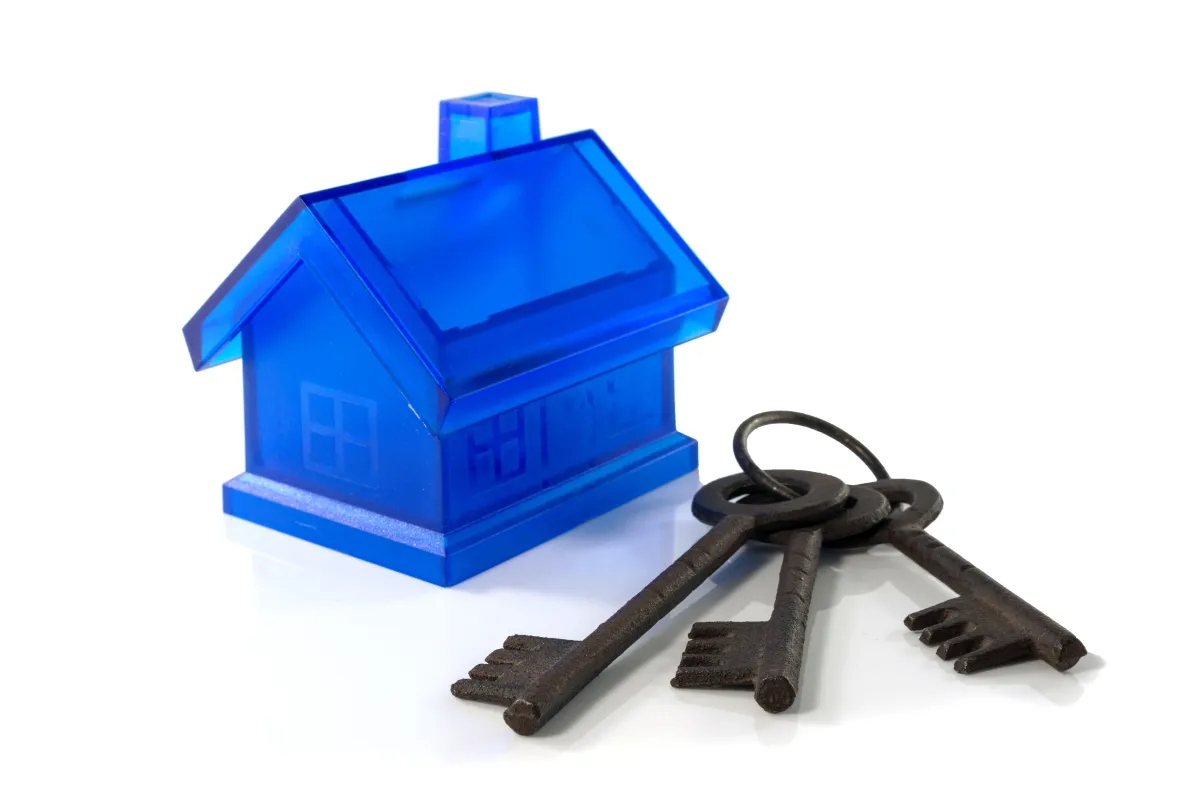
Closing Day in Florida 101
“You’re only one signature away from that first sunset in YOUR new backyard—let’s make sure you know exactly what happens before the ink dries.”
Florida Closing Day 101: What Really Happens When You Sign on the Dotted Line
Closing day is the finish line of your home-buying marathon—and, just like those last few yards, it can feel equal parts thrilling and intimidating. Florida adds its own local flavor (hello, documentary stamp taxes, remote-online notaries, and homestead forms), so let’s break down what really goes on behind those stacks of papers and wire transfers. I’ve got you—because I'm here to answer any questions, just ask, because I want you to LOVE Tampa Bay! 🌴

1. What Exactly Is “Closing”?
Think of closing as the legal hand-off where ownership, keys, money, and recorded documents all swap places in a single orchestrated dance. The closing agent (often a title company or attorney) collects final signatures, confirms your lender’s funds, and records the deed with the county.
2. Who Sits at the Table?
You & anyone on title (bring government ID)
Closing/escrow agent (conducts the ceremony)
Your lender’s representative (confirms loan package)
Real-estate agents (your hype squad)
Sometimes an attorney (optional but common for peace of mind)
3. Paperwork You’ll Sign

4. Show Me the Money—Typical Buyer Closing Costs
Loan origination & underwriting fees
Appraisal, credit, survey, and HOA estoppel fees
State taxes:
Doc stamp on mortgage note—$0.35 per $100 borrowed
Intangible tax on new mortgages—$0.20 per $100 borrowed
Title insurance (usually paid by seller in Hillsborough/Pinellas but negotiable)
Prepaids: first year’s homeowners insurance, property-tax prorations, escrow setup
Florida-Specific Transfer Tax on the Deed
Sellers pay the documentary stamp tax on the deed—$0.70 per $100 of purchase price (0.60 in Miami-Dade + surtax for multifamily) . You’ll see this line on the CD even though you’re not footing it (knowledge = leverage in negotiations!).

5. Funding & Recording
Once all docs are signed and funds clear, the closing agent records the deed and mortgage electronically with the county. You’re officially the owner the moment the clerk’s stamp hits—but you’ll probably get keys right after signatures if everyone’s funds are in.
6. Remote & Mail-Away Closings
Since 2020, Florida allows remote online notarization (RON), meaning you can close from your couch with secure video and e-signature if your lender & title company support it . Perfect for out-of-state relocations.
7. After the Ink Dries
File for Homestead Exemption (reduces property taxes + caps annual increases—deadline March 1).
Switch utilities & set insurance start/stop dates.
Verify your deed is recorded (county records usually post within 24-72 hrs).
Celebrate (but keep docs forever).
Closing-Week Checklist ✅
Three business days out: Review CD for accuracy; question surprises.
Wire funds: Initiate wire for “cash to close” (double-verify routing info to avoid fraud).
IDs & forms: Bring state ID, second form (passport, credit card), any HOA or insurance certificates.
Final walk-through: Ensure agreed-upon repairs done, appliances present, no new damage.
Day-of: Arrive early, sign with your Mia-approved pen, snap celebratory selfie!
After: Change locks, update voter registration, file homestead.

Florida closings mix universal home-buying steps with Sunshine-State twists—documentary stamp taxes, intangible taxes, remote online notarization, and that magical homestead exemption. Knowing who pays what, when funds clear, and how your deed gets recorded keeps surprises (and stress levels) at bay. Arm yourself with the right checklist and a trusted guide—then breeze through closing and onto decorating your lanai.
Remember: I’m Mia Van Winter, your local buyer specialist, and I’m only a DM, text, or coffee away if you need clarity on any of this. Let’s get you those keys! 📲 Text/Call me at 386-882-1884 or grab a quick Zoom spot on my calendar: Book with Mia. I’m here so you can win!
